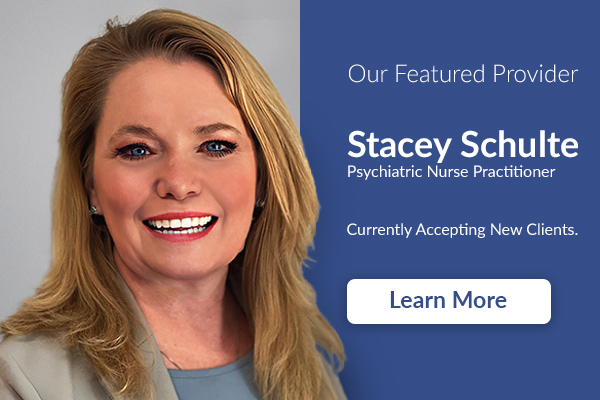October is National Depression Awareness Month. One of the more common misconceptions about depression is that depressed people are simply very, very sad. Consequently, people suffering from depression are often told to “cheer up” or “try to think positively” as if that will make their symptoms disappear. The truth is that depression runs much deeper than a simple attitude change. It is a real medical condition that requires treatment.
- People who are depressed do not just feel unhappy: they may feel hopeless, helpless, and apathetic. They are often unable to imagine a positive future. Sometimes they do not feel anything at all.
- Unlike sadness, which lasts for a few days or even weeks, depression may never fully go away, though symptoms will abate. Once someone has experienced a depressive episode, it is likely that he or she will experience an episode again.
- Depression does not need to have a particular trigger. When someone is sad, it is because of something—loss, loneliness, pain. A depressive episode, on the other hand, does not always have environmental causation. Sometimes, a person may feel depressed with no inkling as to why the symptoms have emerged.
If you notice that someone is your life is perpetually “down” or “blue,” consider that it might not just be sadness but more serious depression. Encourage your loved ones to take an anonymous mental health screening at http://screening.mentalhealthscreening.org/sc. A mental health quiz is a quick way to determine if you or someone you care about should connect with a mental health professional for an evaluation. It is educational, not diagnostic. It’s also completely anonymous and confidential. It only takes a few minutes and after the quiz you’ll see your results, resources and recommendations. Depression is treatable, but only if symptoms are recognized.



Comments are closed.